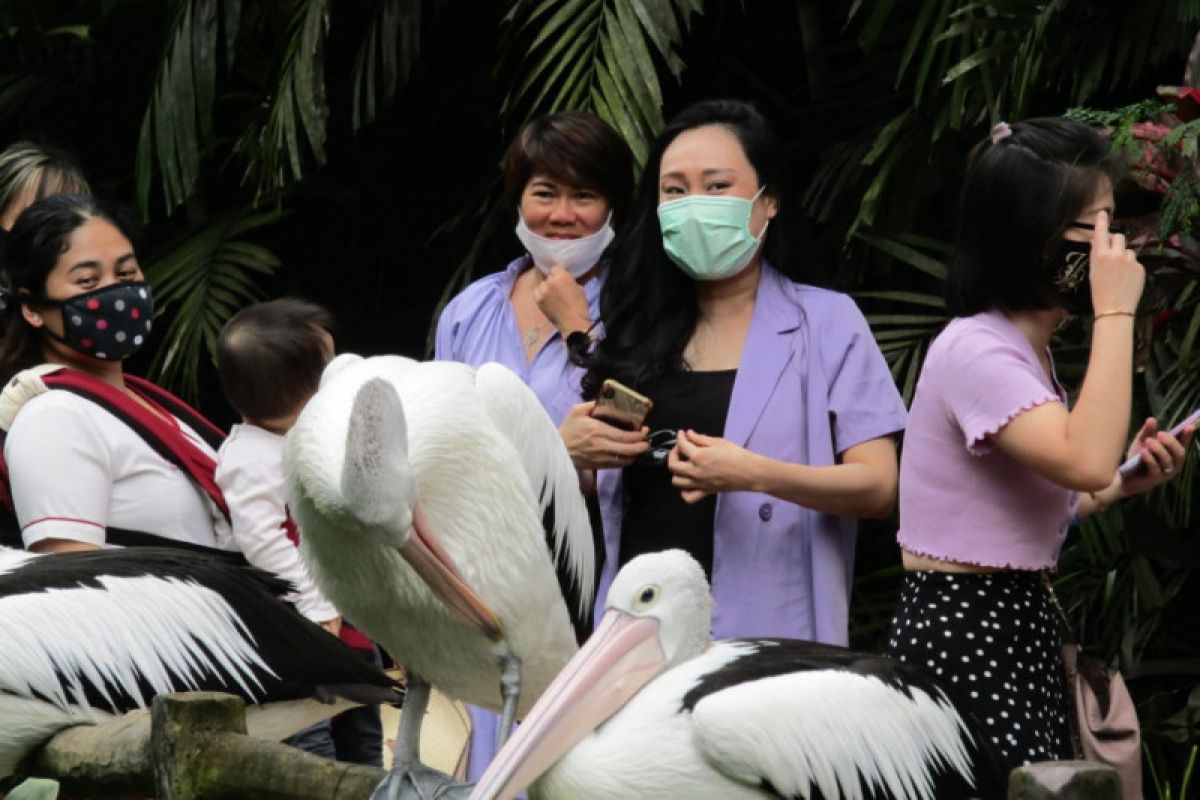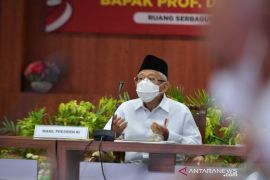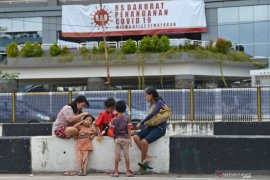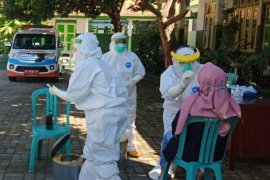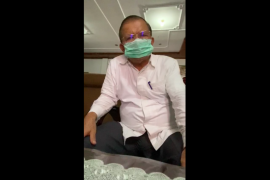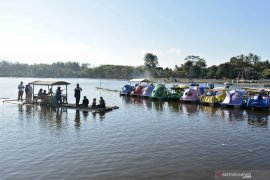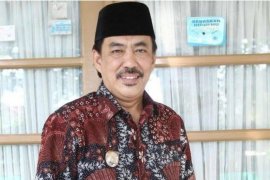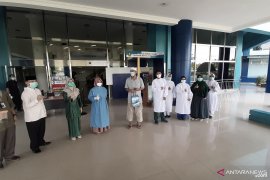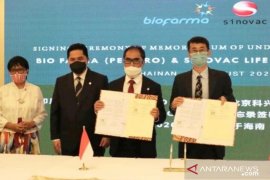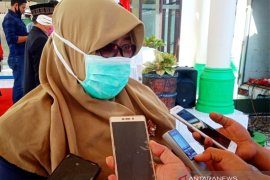"Hence, if we look at this family cluster, it is one that contributes quite a high figure," Aisyah noted during a virtual discussion here on Tuesday.
She cited data from the Task Force that indicated some 40 percent of the cases of COVID-19 transmission in Jakarta arose from family clusters.
The Task Force's data pointed to some 5,252 family clusters, with a total of 42,019 cases of transmission in the capital city from June 4 to Nov 8, 2020.
"Nearly 42,019 cases emerged from family clusters, and this contributed some 40.1 percent of the total cases in Jakarta," she remarked.
Furthermore, a survey conducted at the Wisma Atlet Emergency Hospital for COVID-18 Treatment, Kemayoran, found out that some seven percent of the COVID-19 patients were people that were largely homebound.
Related news: Bandung Barat conducts tests to prevent new COVID-19 clusters
"What does this mean? It means they most likely contracted the infection from family members at home or maybe people, who visited their homes, had infected them," she remarked.
The challenge of maintaining a safe distance increases the likelihood of spreading the virus at home, she pointed out.
Aisyah further drew attention to the data on cases in Jakarta that recorded a significant rise in COVID-19 cases from family clusters following the long holidays in August 2020.
Several family members travelled out of town for holidays, and when they returned home, they might have been infected with the virus and have transmitted it to other family members, who stayed at home during the holidays. Related news: Jakarta governor warns of long holiday creating family clusters
Translator: Katriana, Fardah
Editor: Rahmad Nasution
Copyright © ANTARA 2021
